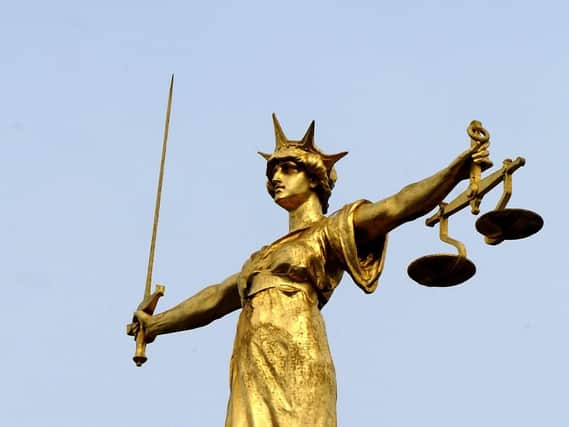Significant rise in prosecutions over 'sick images' of children in Hampshire


The campaign group Justice says a surge in sexual offence allegations has put increasing pressure on courts, and has called for first-time offenders who look at such material to attend educational programmes instead of being charged.
But the NSPCC warned that prison must remain an option for people who view ‘sick images’.
Advertisement
Hide AdAdvertisement
Hide AdNew Ministry of Justice data shows that 237 Hampshire Constabulary cases related to the viewing of indecent images of children resulted in prosecutions last year.


It is significantly more than the 143 cases that made it to court in 2008.
Justice has argued for offenders with no relevant criminal record to attend a five-session course to address their behaviour, with one follow-up session eight months later.
Former Old Bailey judge Peter Rook QC, who chairs the group’s working party, said: ‘We found that there is substantial scope for alleviating the pressures upon the criminal justice system by improving our response to sexual offending and treatment of those it has harmed.’
Advertisement
Hide AdAdvertisement
Hide AdIn response to Justice’s proposal, an NSPCC spokesperson said: ‘Viewing such sick images is a crime and prison must remain an option to reflect the severity of it and to protect the public.
‘But we know that prison alone cannot solve the situation and we must make prevention and rehabilitation a priority to avoid abuse happening in the first place.
Detective superintendent Scott Mackechnie, of Hampshire police, said: ‘Protecting children and vulnerable people is a key part of the work we do, and as a result we have seen a significant increase in the number of prosecutions relating to the possession and distribution of indecent images of children.
‘The reason we focus on this particular type of offence is because it can be a precursor to other more serious offending, or offending that is already ongoing relating to the child that is subject in the image.
Advertisement
Hide AdAdvertisement
Hide Ad‘We are proactive in tackling child sex offences and identifying children who may be at risk, and hope that the rise in prosecutions as shown in the statistics is reassurance to our communities of just how hard our officers are working.’